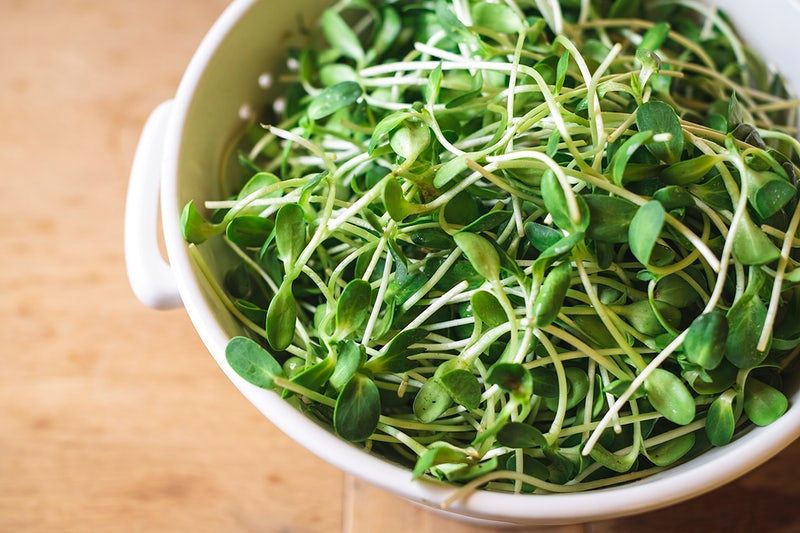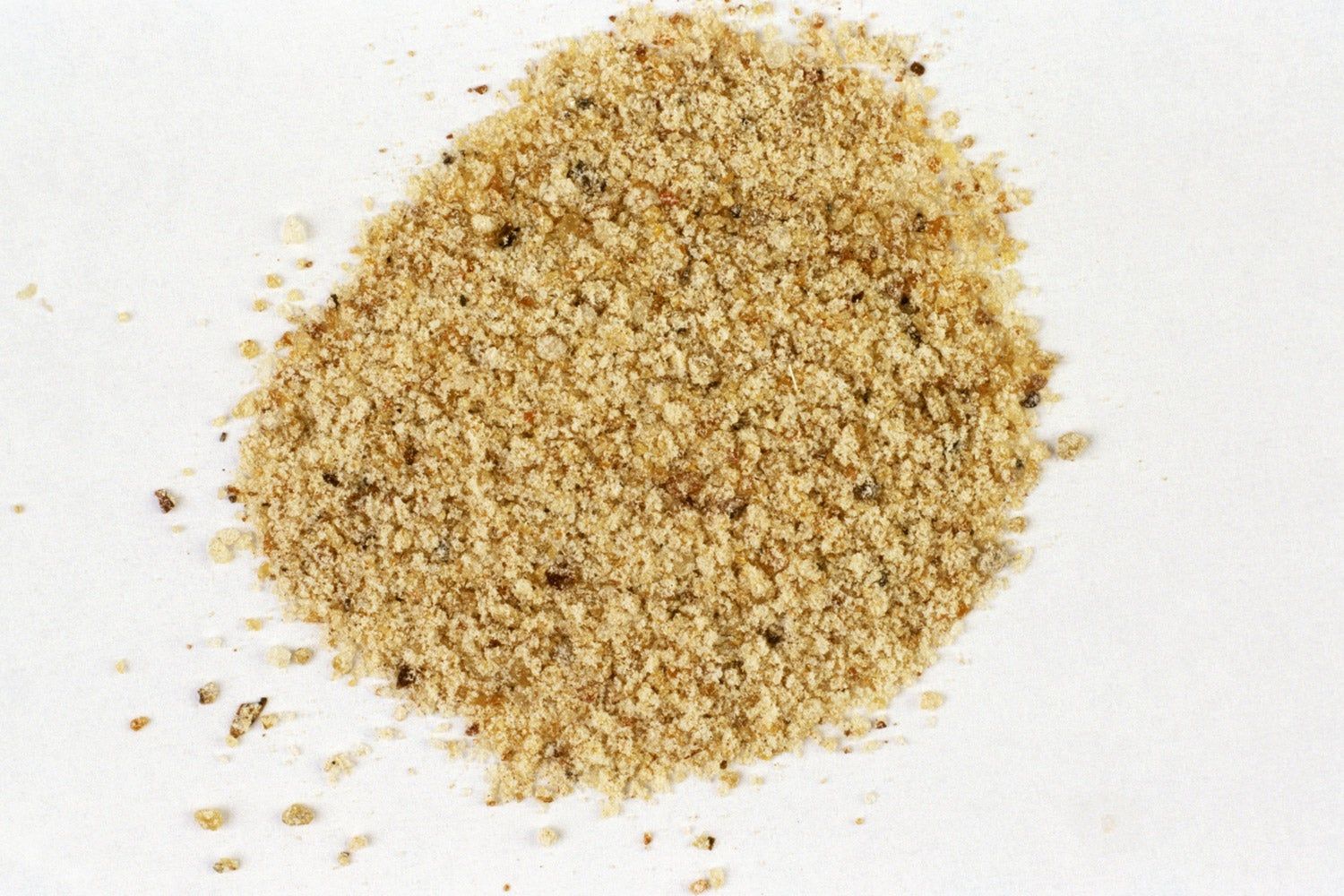You may think that veganism is just a diet without eating any foods that come from animal origins. But veganism is a way of living that respects all animal's right to life. It advocates that we do not have the right to use or consume the meat, milk, and skin of any living creature, especially when alternatives are available. Veganism also says that animals should not be used as test subjects in the cosmetic and pharmaceutical industries. The vegan lifestyle dictates that all living creatures have the same right to live. It’s not just a diet. So how can we enrich a vegan diet?
Imagine that you decided to become vegan. Where do you begin? Being vegan means giving up wearing leather shoes, making sure that your cosmetics and beauty products were not tested on animals, and reorganizing your eating habits.
At this point, you will face a harsh reality: foods from animal sources hold a huge place in your diet. They are found in almost everything, from candy to salad dressing! For this reason, foods like pasta, chickpeas, and rice will become more prevalent in your diet after you make the switch. However, this kind of eating system is now sustainable as finding vegan foods is easier than it used to be.
Vegan Lifestyle Impacts
Americans used to get 60% of their protein from animal sources. Since 2014, the number of people who have changed to a vegan lifestyle in America has increased by 500%. According to an article published in 2017, consuming meat products may contribute to premature death due to the nitrites, nitrates, and iron additives used in ready-made meat products. It is much better to choose healthier food alternatives instead of animal products. As a result, the vegan lifestyle has increased, both in terms of lifestyle and diet.
As we mentioned above, the variety of food decreases after moving from a diet including animal products to one where foods from animal sources are not consumed. It is possible, and necessary, to enrich a vegan diet so that you get all the nutrients that your body needs. That requires some inspiration from nature and plenty of plants. Here are our best tips for making sure that a vegan diet meets all of your daily nutritional requirements.
Use Sprouts!

Sprouting is an easy method that you can use at home to increase the nutritional value of plants. You can grow these antioxidant-rich, anti-inflammatory microgreens from legumes, seeds, grains, and beans. Sprouts contain significant amounts of protein as compared to their mature forms and are rich in vitamins and minerals. Sprouts are also rich in digestive enzymes. And they are also unbelievably delicious.
- Broccoli Sprouts
Broccoli sprouts are rich in sulforaphane, an antioxidant that is naturally found only in broccoli sprouts.
- Mung Bean Sprouts
Mung beans have a detoxifying and anti-inflammatory effect. They are an important source of bioavailable potassium and contain isoflavones, which could help lower bad cholesterol levels.
- Lentil Sprouts
Lentil sprouts are rich in the nutrient thiamine. They contain two essential amino acids, cysteine, and methionine, that are not found in unsprouted lentils.
You can consume sprouts as a snack or add them to your salads. This will increase both the flavor and nutritional value, enriching your vegan diet.#
Use Spices!
We use spices in many dishes, but it’s often just a habit. Spices have many nutritional benefits, too, and can be used to enhance a vegan diet. All spices are plant-based and have some benefits, but some are more significant than others.
1. Turmeric
Turmeric is a new spice in Western cuisine. However, it has been used in the East for thousands of years and is an incredibly useful and healthy spice.

It has potent anti-inflammatory properties, and you can easily add it to every meal. Using turmeric with black pepper or oil increases its absorption.
2. Asafoetida
Asafoetida is a spice that tastes and smells like an onion when used in cooking. This spice used extensively in Asia and India regulates the digestive system and has a sedative effect. Just be sure to saute it lightly in oil before adding in other ingredients instead of sprinkling it on at the end.
3. Cumin
Cumin is one of the best-known spices and is used in many cuisines. It has several medicinal benefits, including improving digestion and reducing flatulence. It can be especially useful when paired with legumes as they naturally release gas when digested, resulting in bloating.
4. Saffron
Saffron is used extensively in Middle Eastern cuisine. Thought to have cancer-fighting properties, it can be added to pilaf or used to brew as a tea.
A vegan diet is not just another trendy diet that you give up after losing weight. It is a complete change in lifestyle. Although becoming vegan can be challenging nutritionally, there are many small changes that you can make to help enrich your diet. Remember, all living creatures have equal rights!












